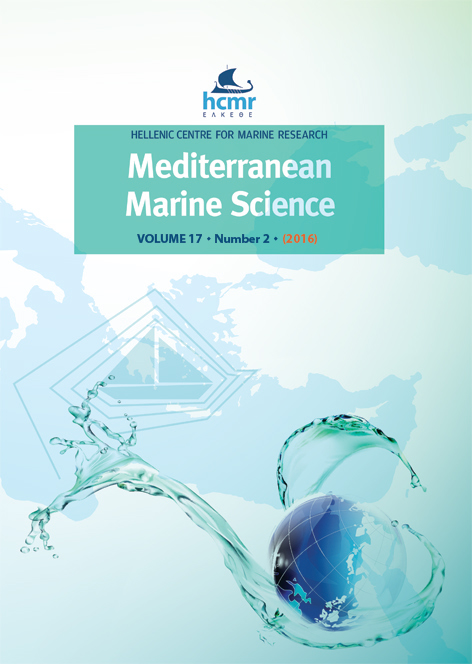DNA BARCODING OF FISH SPECIES FROM THE MEDITERRANEAN COAST OF ISRAEL

Abstract
Accurately-classified genomic data in the Barcode of Life Data System (BOLD) database is vital to the protection and conservation of marine biodiversity in the Mediterranean Sea. The taxonomic classifications of 468 fish of 50 Mediterranean species were analyzed using the BOLD Identifier tool for variation in the cytochrome oxidase subunit I (COI) mitochondrial gene. Within species, nucleotide maximum composite likelihood was low with a mean of 0.0044±0.0008. Three presumptive species had significantly higher values e.g., Arnoglossus spp. (0.07), Torquigener flavimaculosus (0.013) and Boops boops (0.028). However, samples of Arnoglossus species were sub-classified into two groups that were finally identified as two different species e.g., Arnoglossus laterna and Arnoglossus thori. For the different species, BLAST searches against the BOLD database using our DNA barcoding data as the query sequences designated the most similar targets into groups. For each analyzed species, the similarity of the first and second threshold groups ranged from 95 to 99% and from 83 to 98%, respectively. Sequence based classification for the first threshold group was concordant with morphology-based identification. However, for 34 analyzed species (68%) overlaps of species between the two threshold groups hampered classification. Tree-based phylogeny analysis detected more than one cluster in the first threshold group for 22 out of 50 species, representing genetic subgroups and geographic origins. There was a tendency for higher conservation and lower number of clusters in the Lessepsian (Red Sea) migrant versus indigenous species.
Article Details
- Zitationsvorschlag
-
SHIRAK, A., DOR, L., SEROUSSI, E., RON, M., HULATA, G., & GOLANI, D. (2016). DNA BARCODING OF FISH SPECIES FROM THE MEDITERRANEAN COAST OF ISRAEL. Mediterranean Marine Science, 17(2), 459–466. https://doi.org/10.12681/mms.1384
- Ausgabe
- Bd. 17 Nr. 2 (2016)
- Rubrik
- Research Article
Authors who publish with this journal agree to the following terms:
- Authors retain copyright and grant the journal right of first publication with the work simultaneously licensed under a Creative Commons Attribution Non-Commercial License that allows others to share the work with an acknowledgement of the work's authorship and initial publication in this journal.
- Authors are able to enter into separate, additional contractual arrangements for the non-exclusive distribution of the journal's published version of the work (e.g. post it to an institutional repository or publish it in a book), with an acknowledgement of its initial publication in this journal.
- Authors are permitted and encouraged to post their work online (preferably in institutional repositories or on their website) prior to and during the submission process, as it can lead to productive exchanges, as well as earlier and greater citation of published work (See The Effect of Open Access).




